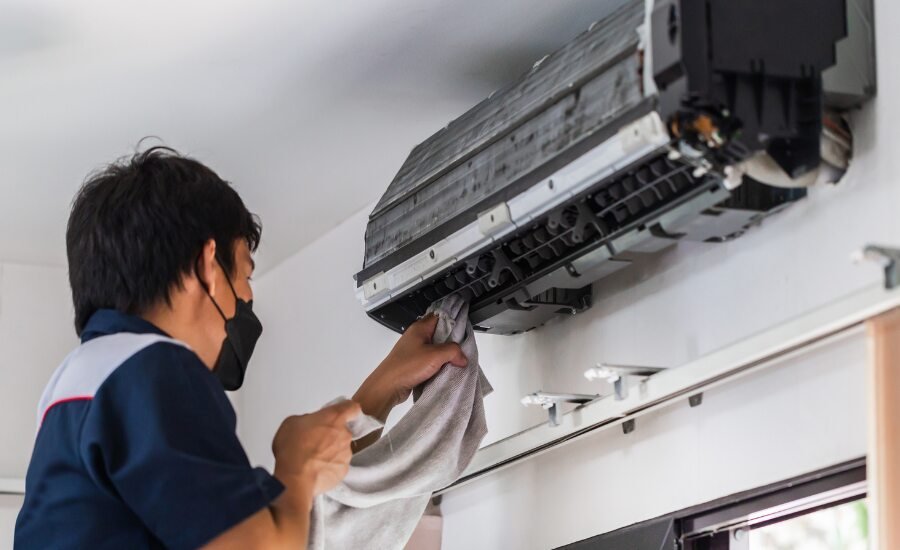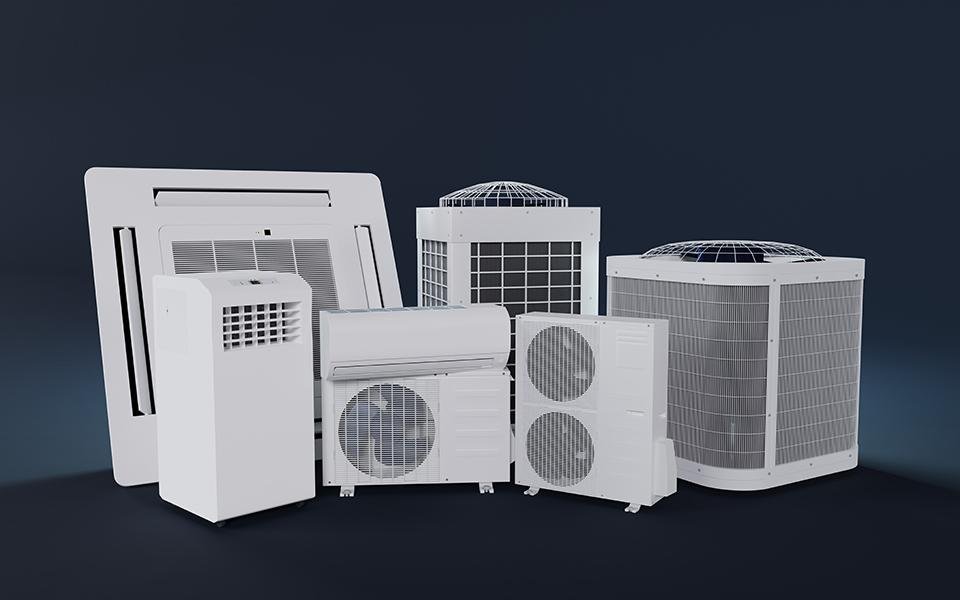Boilers play a pivotal role in various industries, from manufacturing and power generation to commercial and residential heating systems. However, the efficient and safe operation of boilers hinges on regular maintenance practices. This article delves into the economic and environmental imperatives of prioritizing boiler maintenance, highlighting its role in optimizing energy efficiency, reducing emissions, and mitigating operational costs.
Optimizing Energy Efficiency
Boilers account for a significant portion of energy consumption in industrial and commercial settings. Without proper maintenance, boilers can suffer from efficiency losses due to factors such as scale buildup, combustion inefficiencies, and heat losses. Regular maintenance tasks, including cleaning heat exchangers, tuning combustion systems, and inspecting insulation, help optimize energy efficiency by ensuring boilers operate at peak performance levels. By minimizing energy waste, businesses can reduce utility bills and enhance their competitive edge in a sustainable manner.
Reducing Environmental Impact
The environmental footprint of boilers extends beyond energy consumption to emissions of greenhouse gases and air pollutants. Inefficient combustion processes, unburned fuel, and inadequate pollution control measures can contribute to air pollution and climate change. Regular maintenance plays a crucial role in reducing emissions by optimizing combustion efficiency, ensuring proper air-fuel ratios, and inspecting emissions control devices. By adhering to emission standards and implementing best practices, industries can minimize their environmental impact and contribute to global efforts to combat climate change and air pollution.
Mitigating Operational Costs
Neglecting boiler maintenance can lead to a myriad of operational issues, including breakdowns, inefficiencies, and safety hazards. These issues not only incur repair costs but also result in downtime, lost productivity, and potential regulatory fines. Conversely, investing in preventive maintenance programs helps mitigate operational costs by addressing minor issues before they escalate into major problems. Regular inspections, timely repairs, and proactive measures enhance reliability, prolong equipment lifespan, and reduce the total cost of ownership over the boiler’s lifecycle.
Enhancing Reliability and Safety
Reliability and safety are paramount considerations in boiler operation, particularly in industries where downtime can have severe consequences. Regular maintenance inspections identify potential safety hazards, such as leaks, faulty valves, and pressure fluctuations, mitigating the risk of accidents and injuries. Furthermore, proactive maintenance measures, such as water treatment and corrosion prevention, enhance equipment reliability and reduce the likelihood of unexpected failures. By prioritizing reliability and safety through maintenance, industries foster a secure working environment and protect both personnel and assets.
Conclusion
The economic and environmental imperatives of regular boiler maintenance are undeniable in today’s world. By optimizing energy efficiency, reducing emissions, mitigating operational costs, and enhancing reliability and safety, maintenance practices contribute to sustainable business practices and environmental stewardship. Investing in preventive maintenance programs not only yields financial savings but also supports global efforts to mitigate climate change and promote air quality. In a landscape shaped by energy efficiency mandates and environmental regulations, proactive boiler maintenance emerges as a strategic imperative for industries and businesses alike.










